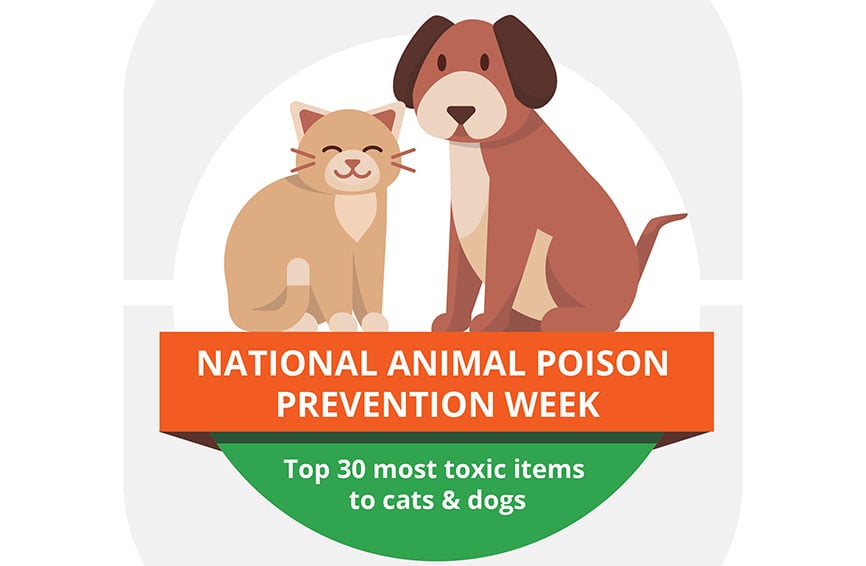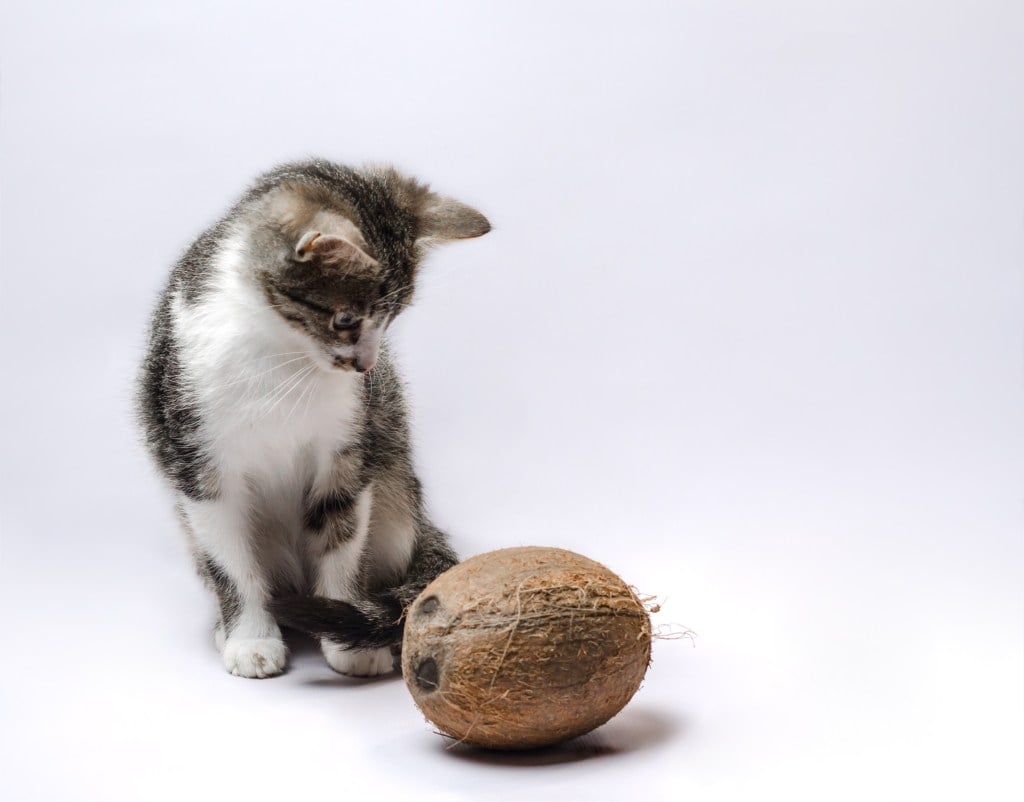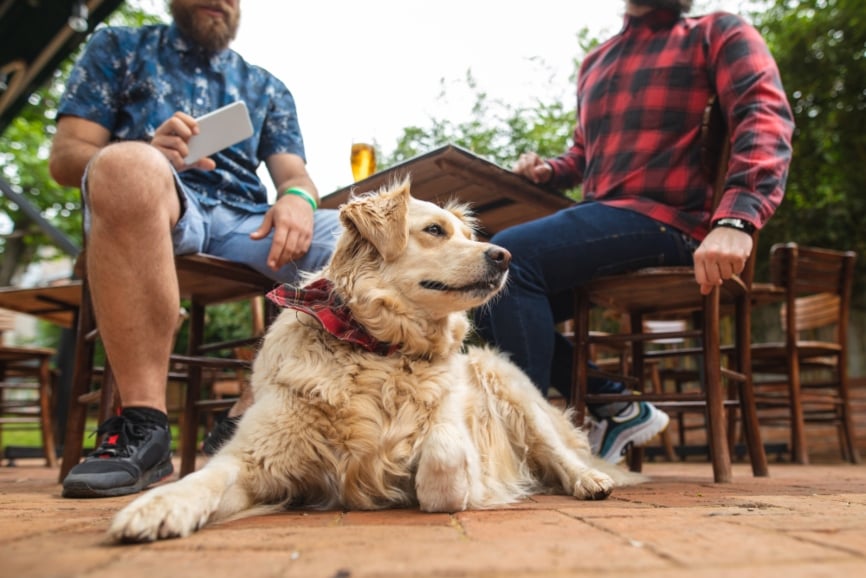Table of Contents
Last updated July 12, 2023.
Quick Answer
Yes, mangoes are safe for dogs to eat in moderation, and only if the skin is peeled and they aren’t ingesting the pit.
Around springtime each year, more mango varieties start to creep into U.S. stores (besides the usual red and green Tommy Atkins mango you normally see). More mangoes mean more opportunities for an enterprising dog to happen upon a scrap or two, and like any responsible pet parent, you’re probably wondering how safe they are for pets to consume.
Mango comes in tons of varieties that have rich flavors that range from floral and spicy to creamy and sour, and they have a devoted fan base in multiple cultures. The brightly colored fruit has carotenoids and vitamins that are good for most of the creatures that eat them.
The benefits of mangoes
Mango is fairly healthy, and Petguide.com says, “Mango is not only delicious but nutritious as well. This yummy exotic fruit is rich in vitamins A, B6, C, and E, and has a high dietary fiber content. All of these nutrients can help support your pet’s overall health, but in all reality, relying on mango to provide any of the vital nutrients and improve your pooch’s well-being is not something you should do.“
Hazards of sharing mangoes with dogs
Dogs specifically don’t have to worry much about the flesh of the mango, as this part poses no threat of poison or interaction. Dogster elaborates, “If you do feed your dog some mango fruit, make sure it’s peeled and serve it to your dog in moderation, in addition to presenting it without the pit.”
- The pit: Though the pit of a mango isn’t inherently harmful or toxic, its size poses a choking hazard to overeager pups who are feasting on the fruit. Choking hazards aren’t always obvious, so be sure to check anything you feed a dog for pits or broken pieces of debris.
- Mango skin: The mango skin isn’t poisonous or particularly dangerous, but it can cause some gastrointestinal issues. Dogster continues, “Make sure your dog is not eating anything but the mango flesh. Remove the peel, which is difficult to digest, don’t share the leaves of the plant.”
- Too much fiber: Aside from the clear and seemingly obvious caution to use around the pits and skin, there is one thing that you may not have considered about mango fruit. The Smart Canine explained, “It’s no secret that mangoes contain a high amount of fiber. This fiber can be a good thing for a little constipation, but too much of it will most likely lead to loose stool or diarrhea.”
- Too high in sugar: It’s fine for dogs to have a few nibbles once in a while, but mango contains way too much sugar to become a part of a dog’s regular diet. An unbalanced diet can cause a whole host of health issues, so be sure to avoid feeding sugary (among other hazardous snacks and indulgent human foods) to your pets.
Want to find out more about what dogs can and cannot eat? Check out our comprehensive guide for more information on “What Human Foods Dogs Can and Can Not Eat.”







